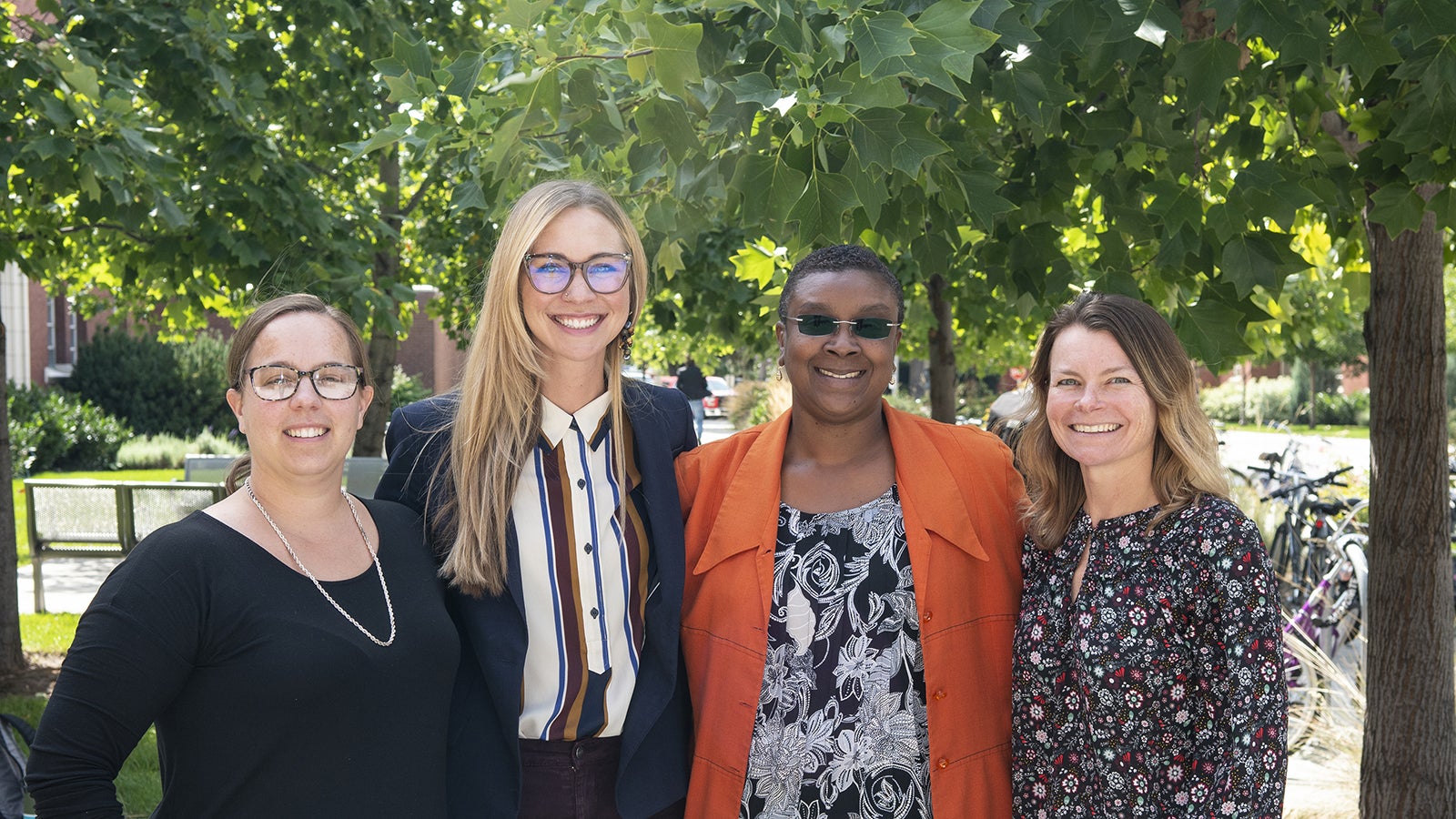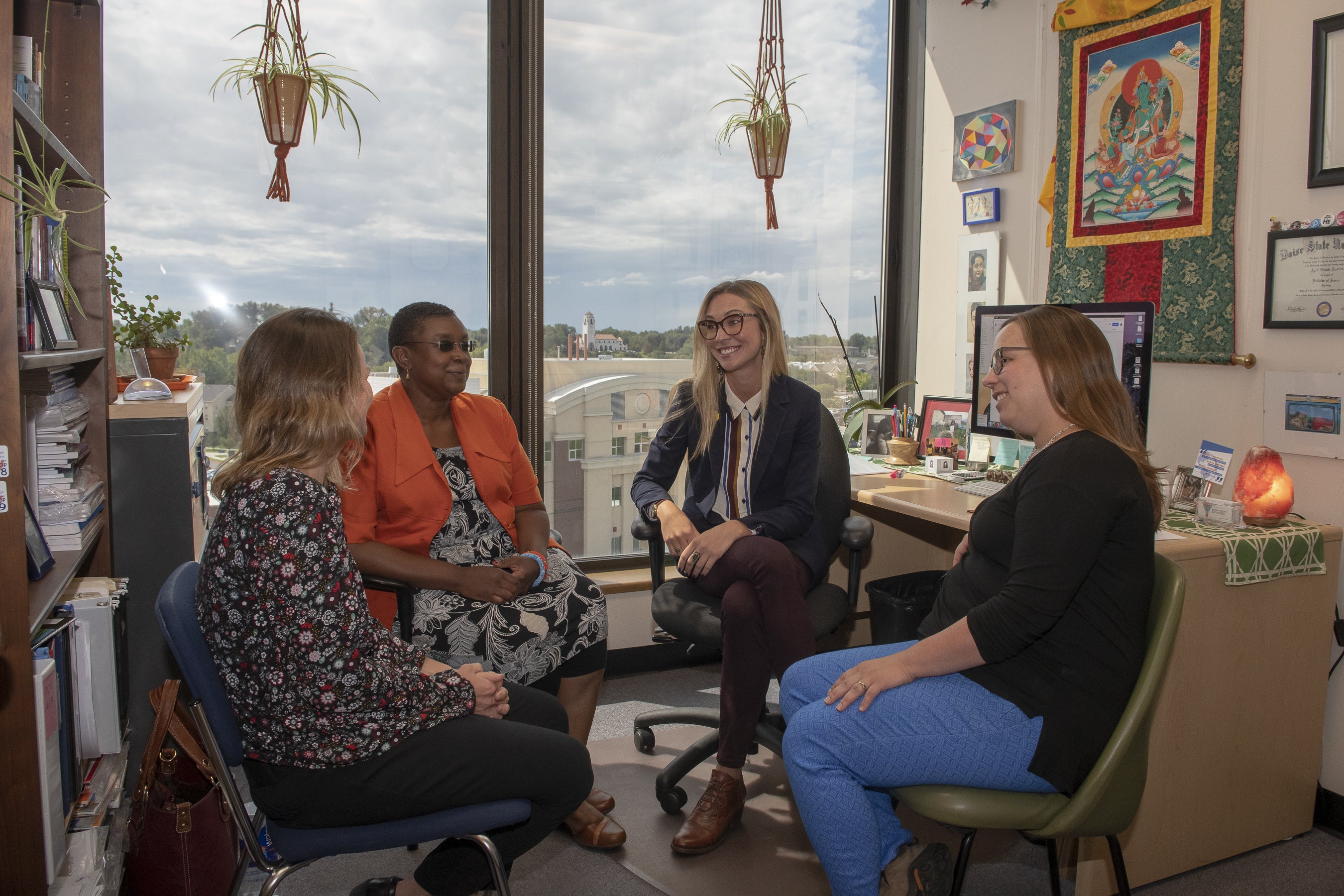
According to Dr. Masarik, currently less than one percent of the persons displaced across the world are given refugee status.
What about the other 99 percent? “They try to survive,” said Masarik.
For those who are given refugee status – often after waiting years in refugee camps – the promise of a new home and a chance to build a stable life is complicated by incredible hurdles: leaving behind the only life they have ever known, facing ignorance and racism in new communities, struggling with financial insecurity, and navigating a new culture and language.
For refugee youth, these hurdles often hinder the goal of achieving an education. This is particularly concerning, Masarik said, because “getting an education is probably the most powerful predictor of human capital for these families.”
Yet despite this barrage of obstacles, some refugee students not only survive, they flourish.
“These kids, they’ve got a lot on their plate. And at the end of the day, so many of them thrive here. That’s an amazing story in and of itself. We are trying to understand what are the factors that promote resiliency, and allow these kids to be successful in the long term,” said Dr. Kristin Snopkowski, an associate professor of anthropology.

That’s why Masarik, Snopkowski and Dr. Kathryn Demps, an associate professor of anthropology, are working to better understand the stress pathways and protective factors that promote youths’ educational achievement in secondary and post-secondary settings. Their research will focus on African refugees resettled in the Boise area.
Using a variety of methods, including surveys, interviews and saliva samples (from which researchers can test cortisol, or physical stress levels), the team will follow 60 refugee students and their families for four years. Their research will give new insights in the areas of education, stress, mental health, physical health, resilience and refugee resettlement.
The research also may help agencies and stakeholders develop policies and programs intended to support refugees as they seek educational opportunity. The team recently was awarded a $50,000 grant from the Spencer Foundation, an organization that supports education research.
“There is relatively little research done on refugees resettling in the United States, particularly that focuses on educational outcomes,” said Snopkowski. “The opportunity to do research that can inform policy to make the transition for refugee youth easier, helping them to excel and be resilient in their new communities – I think that is really powerful, and is what excites me most about this project.”
–By Brianne Phillips